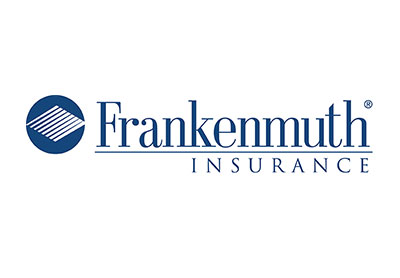
Consumers remember sexy ads, but they’re fuzzy on the details—like product and brand.
This according to a study published at ScienceDaily.com. Researchers considered 78 peer-reviewed advertising studies published over three decades, measuring consumer recall among men and women.
“We found that people remember ads with sexual appeals more than those without, but that effect doesn’t extend to the brands or products that are featured in the ads,” said University of Illinois advertising professor John Wirtz, the lead author of the research. “… Certainly the evidence indicates that the carryover effect to liking the ads doesn’t influence whether they’re going to make a purchase.”
Ads in the study featured models partially or fully nude, touching suggestively or seemingly anticipating a sexual encounter. Other ads used sexual innuendoes or embeds, which are partially hidden words or pictures that communicate a sexual message.
Not surprisingly, the study found that men and women react differently to sexy ads. Men, on average, like ads with sexual appeals. Women, not so much. For the latter, promiscuity in advertising was met with outright negativity.
The fear of alienating an entire gender may be prompting some brands to reconsider their advertising strategy. Remember when Carl’s Jr. hired Paris Hilton to bite down into a messy burger after handwashing a car in a bathing suit? The fast food chain followed up the 2005 campaign with similar model burger capades for more than a decade. Carl’s is now leading with product, cheekily dismissing the sexy burger bit as the story of an heir gone wild.
Of course there’s a place for sex in advertising.
Advertising is about meeting consumer needs and wants. (Consumer: I’m hungry and I don’t have a lot of time. I’ll grab a burger on the road.)
Stray outside your wheelhouse and you may generate some buzz. (Paris Hilton is eating a burger is sexy. I need to share this. …) But if it fails to meet that sweet spot where your brand and product should meet, your clever advertising will unlikely produce sales. (Oh, look! McDonald’s. …)
Sex is most appropriately used when your brand is naturally linked to desire and allure of the romantic variety. If your brand can honestly stake a claim in that arena, then apply sex judiciously. Think jewelry, fragrance, apparel, luxury. But show some restraint. Here are a few guidelines to keep in mind.
Don’t use sex for sex’s sake.
In addition to Carl’s Jr., other notable brand offenders include GoDaddy, Hardee’s and Mr. Clean. (A man of few words, but many muscles? What does that have to do with my messy house?)
Don’t be afraid to use humor.
Humans are hard-wired to react to sex. The limbic system of the brain is in charge of fight, flight, feeding, fear, freezing-up and fornication (“Your Lizard Brain,” Psychology Today, April 22, 2014). Sex gets attention. It can break through, which is why it’s often used in advertising. But it can be off-putting when a brand shows a lot of skin just to get attention. (Skin! Skin! Skin!) There needs to be a point or at least a payoff.
That’s why the Terry Crews and Isaiah Mustafa Old Spice commercials were so effective. They were overtly sexual and hilariously self-deprecating. They take liberties with the connection between scent and attraction to comical heights. It works because the strategy is grounded in consumer wants and brand truth.
Like what you see? Sign up for the Weekly Recap for marketing trends and insights.























